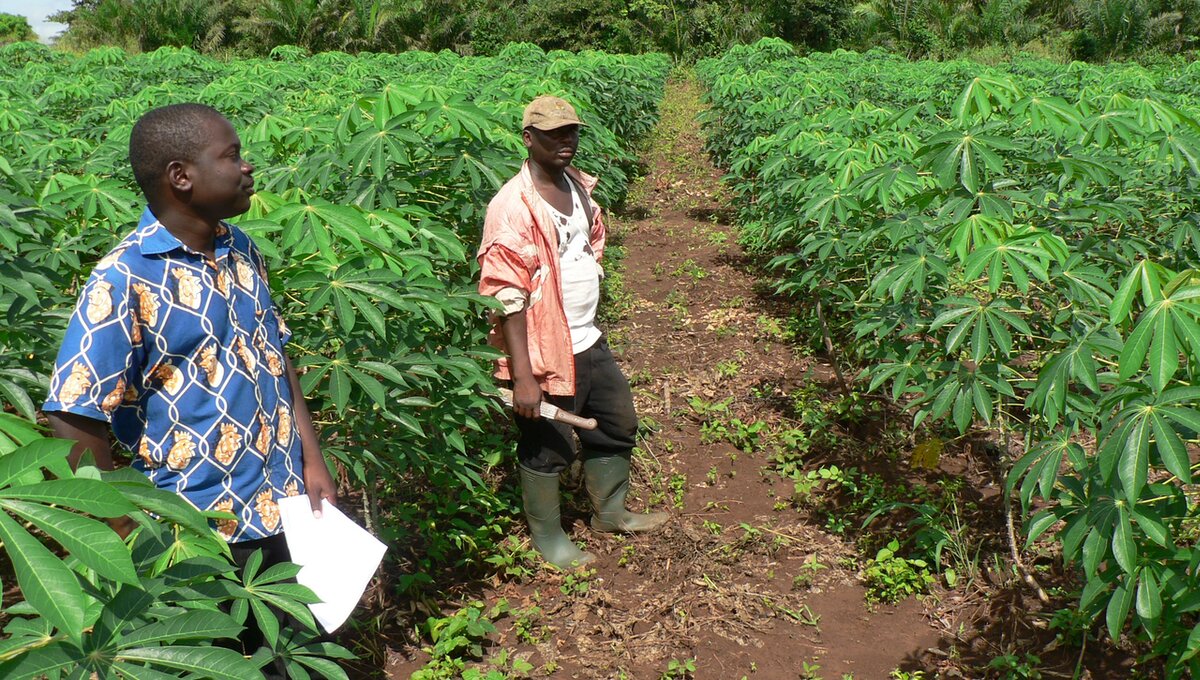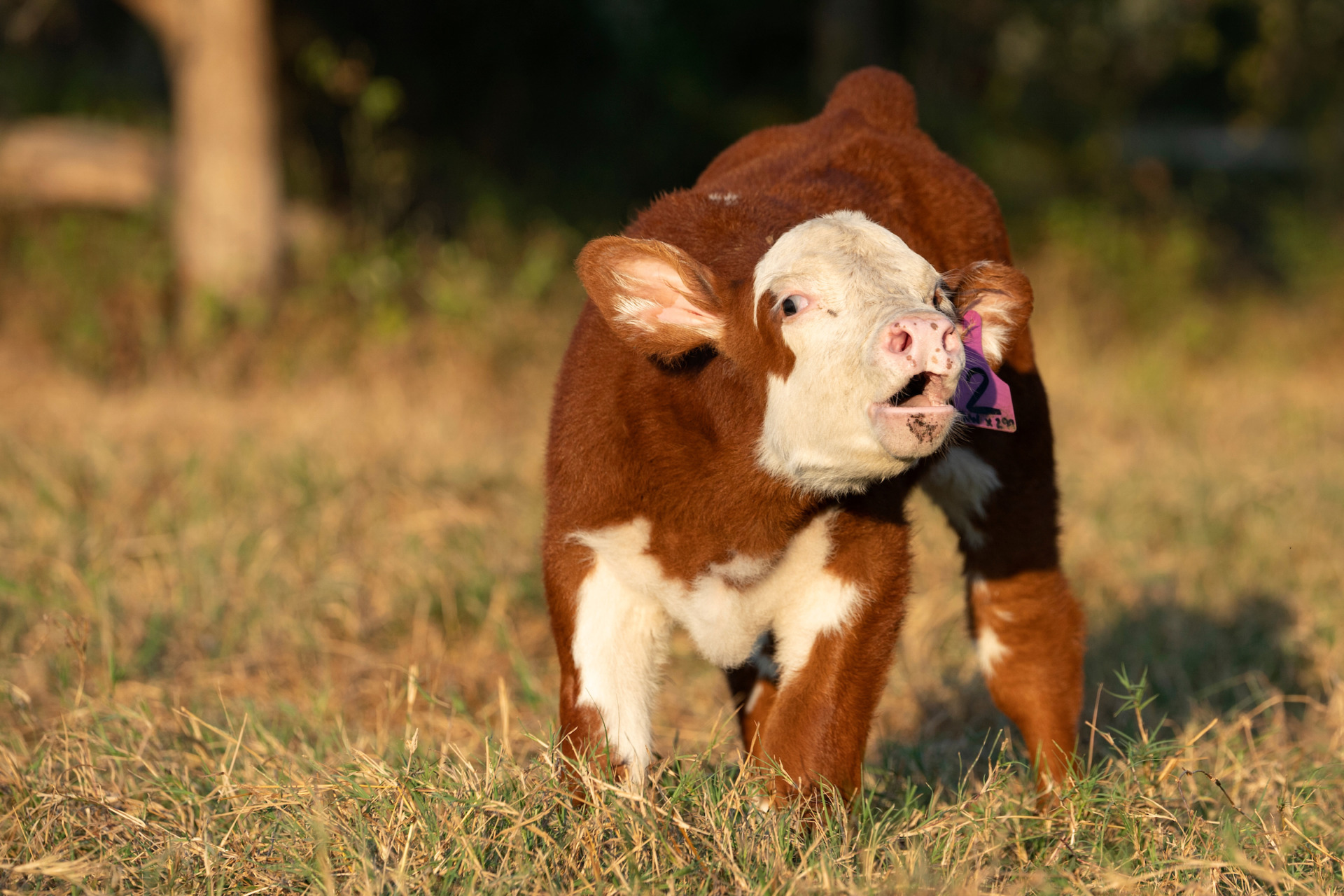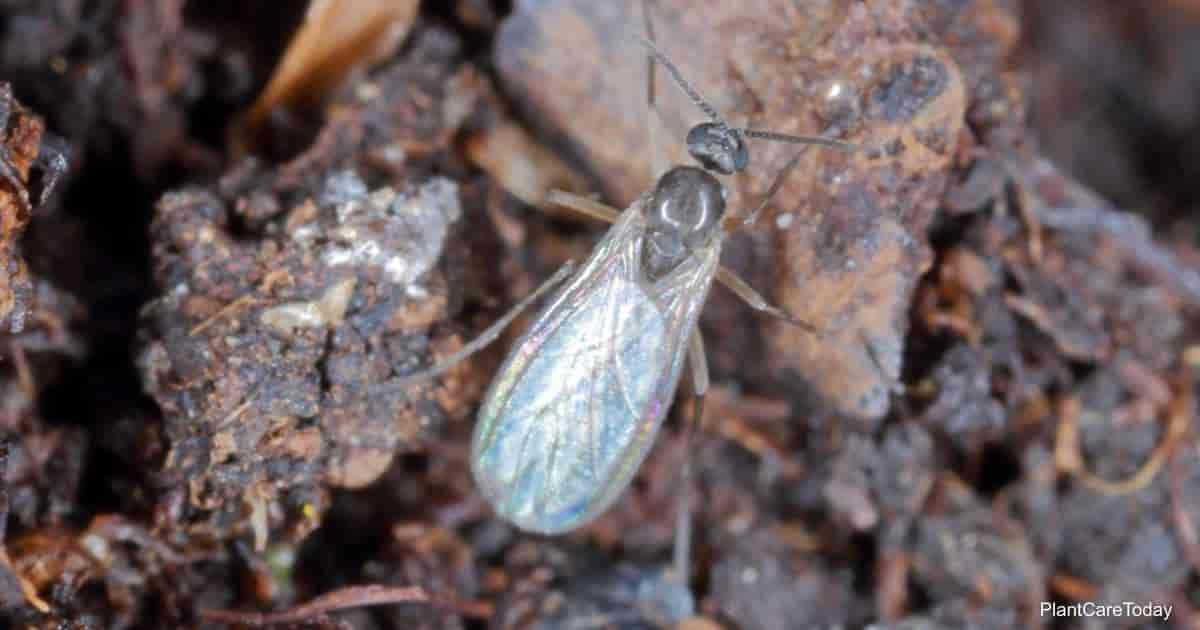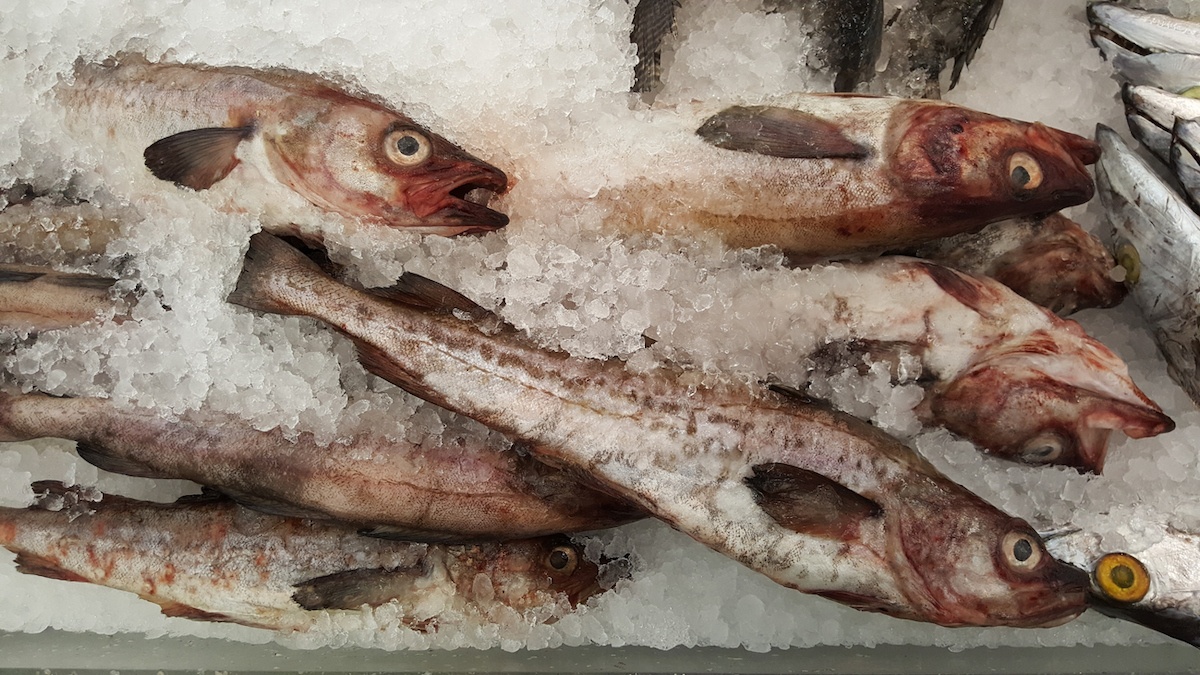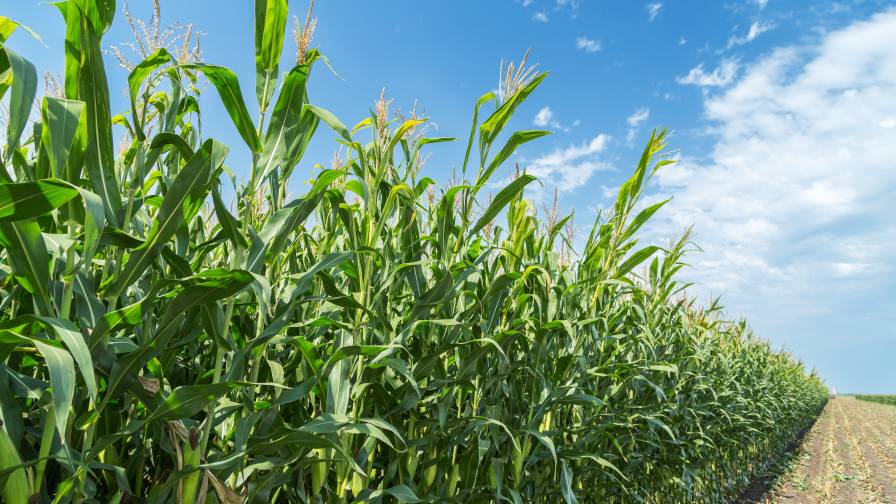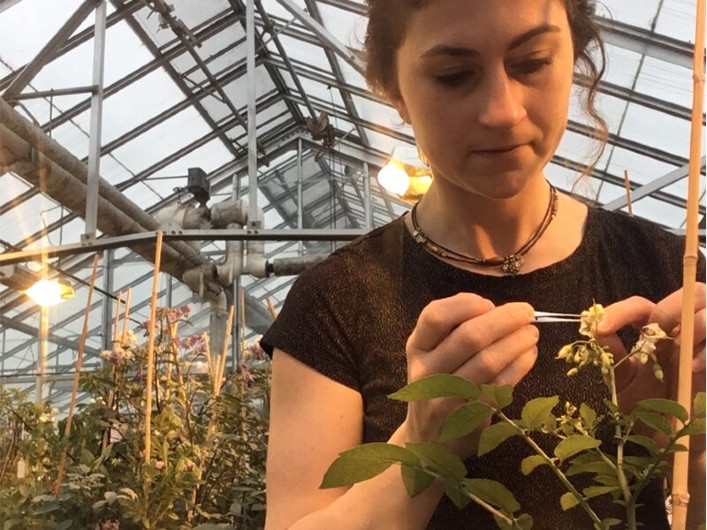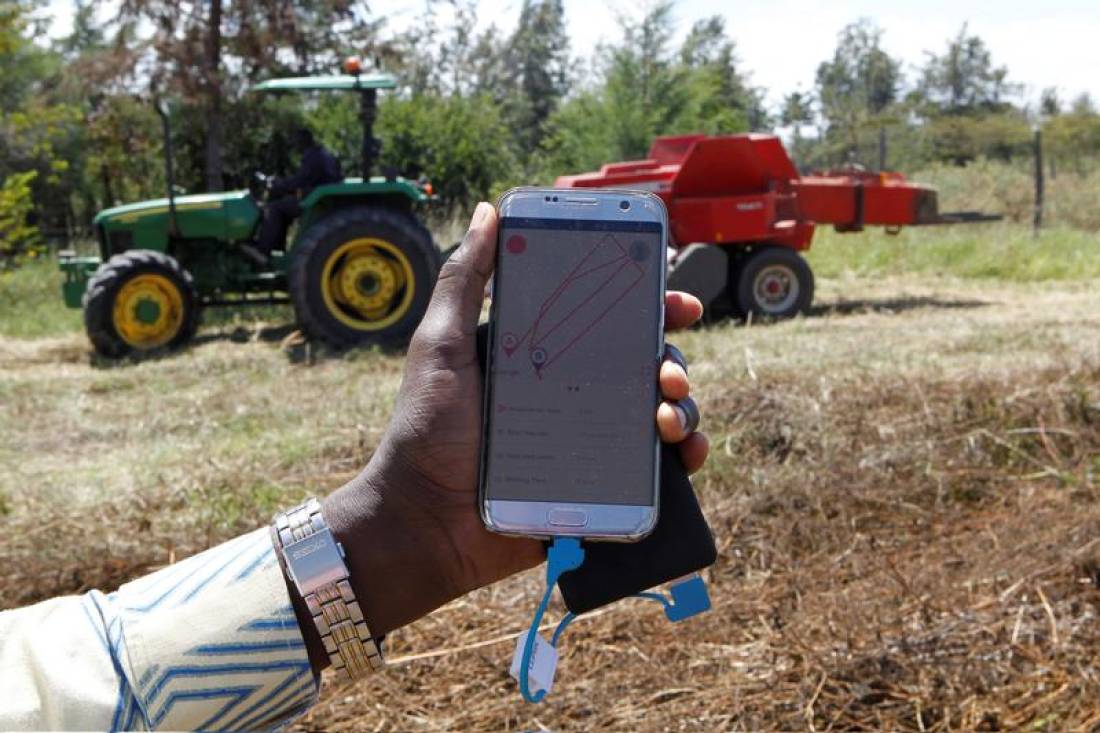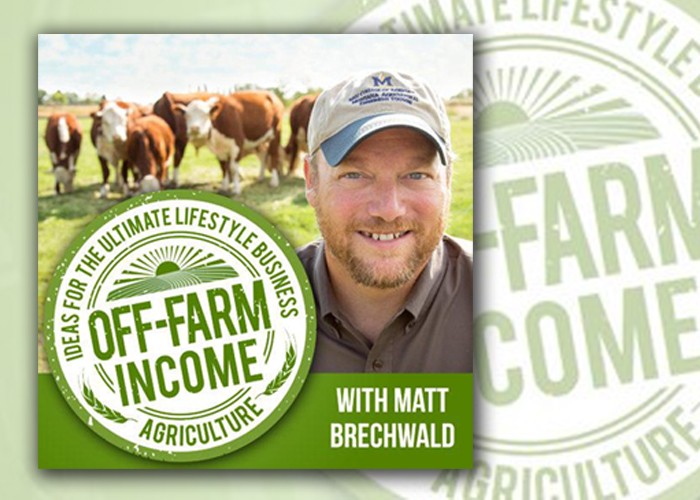 John LaRose Jr.
John LaRose Jr.
Topics: Soil Health, Research, World Hunger, Ag Africa, Weather, Food Security/Shortage,
Seeking climate-smart strategies for root, tuber and banana crops in central Africa - nativenewspost
Root, tuber and banana (RT&B) crops are widely cultivated across the landscapes of sub-Saharan Africa (SSA). These staple food crops play a fundamental
-
(0)
-
Bookmark
- Comments (0)
 John LaRose Jr.
John LaRose Jr.
Topics: Livestock/Meat, Agriculture Global, Education U.S. SouthWest, Beef Cattle, Research, CRISPR/Gene Editing, Genes /Genetics,
Eliminating beef cattle pregnancy loss with technology - AgriLife Today
Calves on the ground mean dollars in the pocket and steaks in the meat case. Buy pregnancy loss in the beef cattle industry is a problem.
-
(0)
-
Bookmark
- Comments (0)
 John LaRose Jr.
John LaRose Jr.
Topics: Soil Health, Pesticides, Agriculture Global, Pest Control, Fungicides, Insects, Research,
How To Get Rid Of Fungus Gnats In Soil
The real danger with fungus gnats lies in their larvae, which burrow into the soil and devour fungus and mold, often munching on plant roots in the process.
-
(0)
-
Bookmark
- Comments (0)
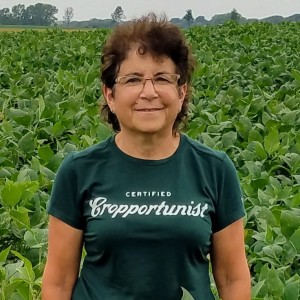 Nancy Kavazanjian
Nancy Kavazanjian
Topics: Aquaculture/Fish Farming, Trade (Commodities),
Millions of pounds of pollock and a railroad to nowhere: How a strange dispute over maritime law may leave tons of U.S.-bound fish stranded abroad
One of the world’s biggest seafood companies is locked in a burgeoning legal battle with the federal government over alleged violations of shipping rules. As a result, tons of fish destined for U.S. schools, food banks, restaurants, and grocery stores could get stuck in limbo.
-
(0)
-
Bookmark
- Comments (0)
 Nancy Kavazanjian
Nancy Kavazanjian
Topics: AgriBusiness, Carbon Farming,
New Research Points to Ag Retail Challenges with Carbon Programs
Ag retail sits in a compelling place when it comes to participation in carbon sequestration programs.
-
(0)
-
Bookmark
- Comments (0)
The race to stop fish becoming the next factory farming nightmare
Many diets that are better for our health, and the planet’s, call for eating more fish. Where will it all come from?
-
(2)
-
Bookmark
- Comments (0)
 John LaRose Jr.
John LaRose Jr.
Topics: Agriculture Global, GMO's, Crop Diseases, Potatoes, Genes /Genetics,
MSU researchers breeding beetle-resistant potato varieties
Potato farmers face many challenges. One tiny, yet devastating, pest is the Colorado potato beetle. It can cause immense damage to potato crops. It’s also notorious for becoming resistant to …
-
(0)
-
Bookmark
- Comments (0)
 John LaRose Jr.
John LaRose Jr.
Topics: Soil Health, Agriculture US, Cover Crops, Gardening, Sustainability, Urban Farming,
How To Plant A Fall Cover Crop - Power Your Garden & Stop Weeds Now!
See how to easily plant a fall cover crop in your garden this year - and why it can make next year's garden your best garden ever!
-
(0)
-
Bookmark
- Comments (0)
To fix our food systems, we need tech for smallholder farmers
Digital innovations in food systems aren’t reaching the people who need them most
-
(2)
-
Bookmark
- Comments (0)
 John LaRose Jr.
John LaRose Jr.
Topics: Forestry, Agriculture Global, Sustainability, Research,
Appropriate preconditioning and testing could reduce winter damage to seedlings
The growth of the trees in the boreal zone is based on the acclimation and adaptation of their annual cycle with the changes of the weather conditions during the four seasons. Winter damage would be one ...
-
(0)
-
Bookmark
- Comments (0)


